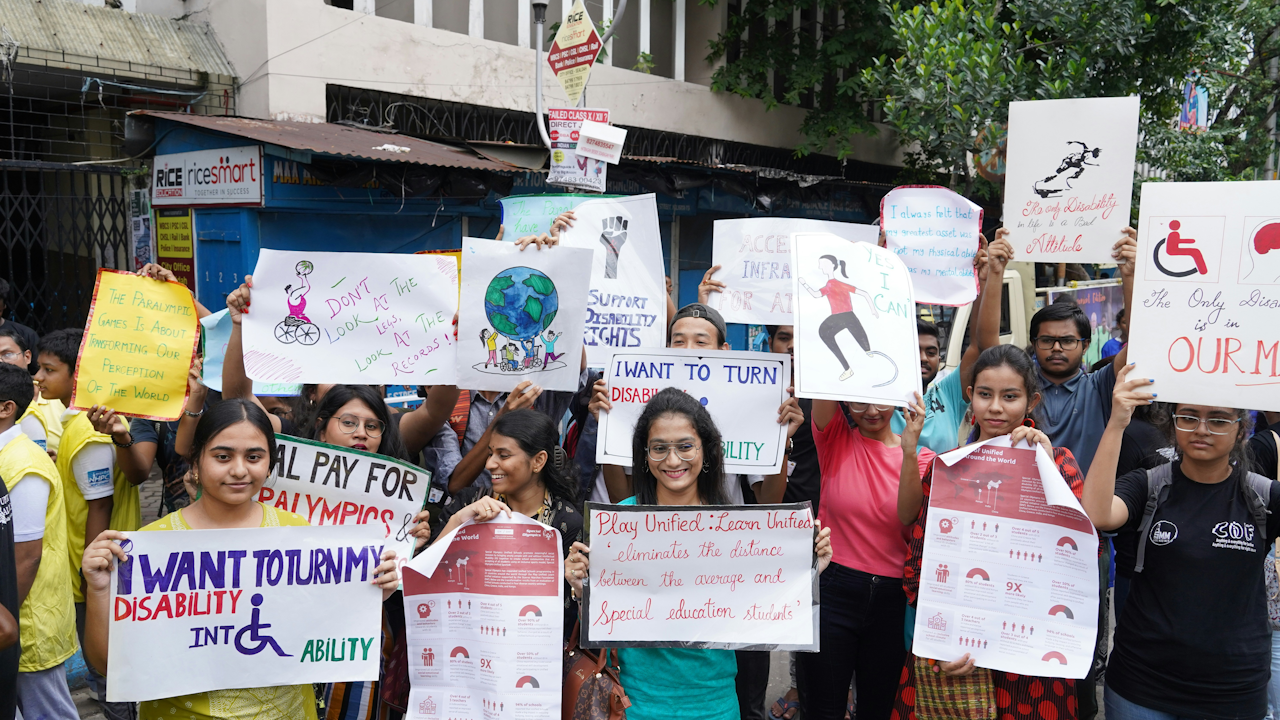In recent years, the mental health movement in professional sports has undergone a significant transformation. Once a taboo subject rarely acknowledged in public forums, mental health is now at the center of conversations surrounding athlete well-being. The shift reflects broader societal changes but is also the result of powerful testimonies and bold initiatives from within the sports world itself.
Historically, professional athletes have been expected to embody physical strength, mental toughness, and emotional invincibility. The prevailing culture in sports—particularly in contact and high-stakes disciplines like football, basketball, hockey, and soccer—discouraged vulnerability. Athletes were conditioned to suppress emotional struggles, fearing that any sign of weakness would jeopardize their careers or reputations. This unspoken code of silence led many athletes to suffer in isolation.
However, that culture has started to erode, largely due to prominent athletes who have used their platforms to speak openly about their mental health struggles. NBA player Kevin Love’s 2018 essay in The Players’ Tribune, where he described experiencing a panic attack during a game, marked a turning point. Similarly, DeMar DeRozan has candidly discussed his battle with depression, helping to dismantle stereotypes about what mental health struggles “look like.” In tennis, Naomi Osaka’s decision to withdraw from the French Open to prioritize her mental well-being, followed by Simone Biles stepping back during the Tokyo Olympics, added momentum to a growing movement.
These acts of vulnerability were not just personal decisions—they sparked industry-wide conversations. Leagues, teams, and governing bodies began to reassess their responsibilities regarding player wellness. The National Basketball Association (NBA), Major League Baseball (MLB), National Football League (NFL), and other major organizations have since expanded mental health resources, mandating teams to employ mental health professionals and encouraging the use of counseling services. This institutional backing is a significant milestone, helping to legitimize the importance of psychological health alongside physical conditioning.
Social media has played a dual role in this evolution. On one hand, it exposes athletes to constant public scrutiny and cyberbullying, exacerbating mental health challenges. On the other, it provides a direct channel for athletes to share their stories, bypassing traditional media filters. This democratization of storytelling has made mental health discussions more authentic and accessible. Fans often respond with overwhelming support, reinforcing that strength and vulnerability can coexist.
Youth and amateur sports are also feeling the ripple effects of the professional movement. When elite athletes prioritize mental health, it sends a powerful message to young players: their emotional well-being is just as important as their performance. Coaches, schools, and parents are beginning to implement more comprehensive mental health programs, recognizing the long-term benefits of a balanced approach to sports.
Corporate sponsors and media partners have increasingly recognized the value in supporting mental health initiatives. Brands like Nike, Headspace, and BetterHelp have partnered with athletes and leagues to create awareness campaigns and offer resources. These collaborations signal a growing understanding that mental wellness is not a fringe concern—it is central to the holistic development of athletes and the long-term health of the sports industry.
Yet, despite these advances, challenges remain. The stigma around mental health has not entirely disappeared, particularly among male athletes and in certain sports where hypermasculinity still dominates the culture. Some players may still fear that seeking help could affect contract negotiations, playing time, or public perception. Additionally, access to quality mental health care remains inconsistent, especially in less visible leagues or countries with fewer resources.
Another complication arises in the competitive nature of sports itself. The “win at all costs” mentality can discourage athletes from taking time off or speaking up about psychological issues. Pressure from coaches, teammates, fans, and sponsors can create an environment where mental health is acknowledged in principle but not always supported in practice. This gap between rhetoric and reality must be addressed through consistent education, policy enforcement, and cultural change at every level.
Retirement and post-career transitions represent another critical area of concern. Many athletes struggle with identity loss, financial stress, and lack of structure once their playing days are over. Some face unresolved trauma or mental health issues that were suppressed during their careers. Organizations like The Players’ Tribune, the NFL Players Association, and the Professional Athlete Transition Institute are beginning to fill these gaps by offering mental health resources tailored for life after sports.
Looking ahead, the mental health movement in professional sports appears poised for continued growth. The integration of mental training into regular athletic development is becoming more common, much like strength or agility training. Sports psychologists, mindfulness coaches, and behavioral specialists are increasingly seen as integral members of an athlete’s support team. The conversation is evolving from crisis intervention to proactive care, focusing on resilience, stress management, and overall mental fitness.
Moreover, younger generations of athletes are entering the professional world with greater awareness of mental health. They are more likely to seek help, speak out, and demand that mental wellness be taken seriously. This generational shift holds promise for the long-term normalization of mental health care in sports.
The mental health movement in professional sports is not merely a trend; it reflects a deeper reckoning with what it means to be a human being in a high-pressure, high-performance environment. By prioritizing mental well-being, the sports world is not only producing healthier athletes but also challenging long-standing norms and reshaping its culture from the inside out.

